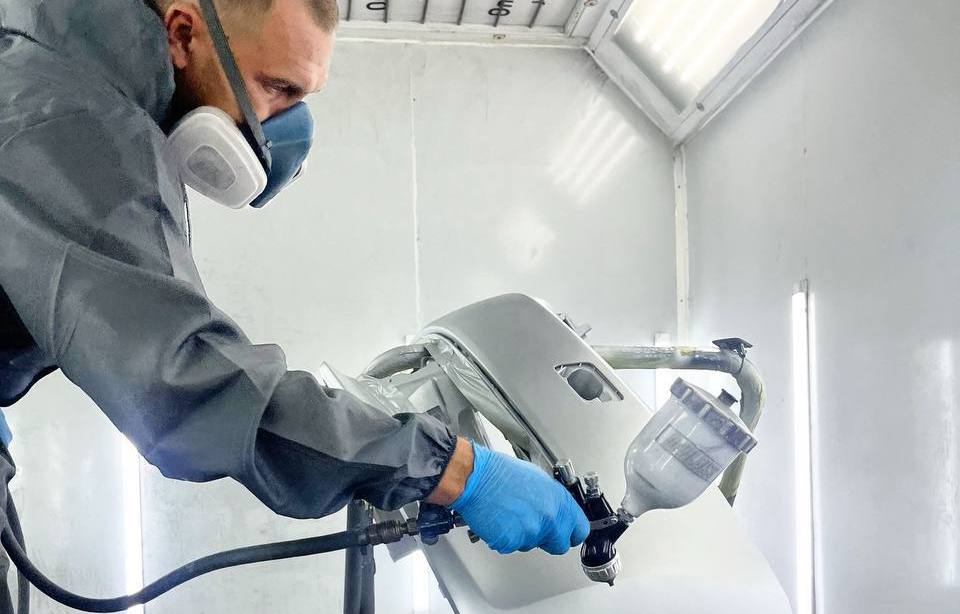Properly installing and configuring a car alarm is one of the most important things you need to do to ensure the safety of your car and its contents. The alarm provides protection against theft and various types of intrusions, and its installation is a necessary procedure when buying a new car or when you need to replace an old alarm. But how to properly set up the alarm so that it works most efficiently? In this article, we will answer this question.
Sensors – the basis of alarm sensitivity
Sensors are the basis of alarm sensitivity and determine when an alarm should be triggered. Typically, sensors are installed on the doors, hood, trunk and windows, and they respond to movement, position changes, open ignition circuits and other factors.
Alarm sensitivity adjustment
The sensitivity of the alarm can be adjusted so that it does not work at the slightest fluctuation, but at the same time does not miss a real threat. To do this, it is often possible to adjust the sensitivity of individual sensors or groups of sensors.
Proper car alarm installation
Proper installation of car alarms is a prerequisite for ensuring the safety of the car and its contents. Installation of car alarms should be carried out by professionals and in accordance with the manufacturer’s instructions. You also need to make sure that the installation has been done using high quality components and materials.
The importance of functionality in car alarms
When choosing a car alarm, it is necessary to take into account not only its cost, but also its functionality. It is necessary to choose a car alarm taking into account the necessary functions, such as protection against opening doors, engine or trunk, auto start, tire pressure monitoring, etc.
We select car alarms taking into account the necessary functionality
Basic car alarm functions
The main functions of car alarms may vary depending on the manufacturer and model, but in general they include the following functions:
- Protection against opening doors and trunk. Alarm sensors react to attempts to open doors or trunk and trigger an alarm.
- Theft protection. Alarm sensors react to car theft attempts, for example, when trying to start the engine without a key.
- Some car alarms offer additional features such as auto start, opening and closing doors, window control, and others.
- Tire pressure monitoring. Some car alarms can monitor tire pressure, which is an important aspect of safety.
Advantages and disadvantages
The benefits of installing an alarm on a car include increased security for the car and its contents, protection against theft and various types of intrusions, as well as additional features such as auto-start and tire pressure monitoring.
However, installing an alarm on a car can be quite expensive and requires professional installation. Also, in some cases, false positives can be a problem, especially if the alarm sensitivity is not set correctly.
If Setting Doesn’t Help
If you have already set an alarm but are still facing issues such as false alarms or incorrect alarms, then there are several options that can help you fix the problem:
- Check the sensitivity of the alarm and try to set it up. If you cannot adjust the sensitivity yourself, seek professional help.
- Check the condition of the alarm sensors. If the sensors are damaged or defective, they can lead to false alarms.
In addition, it is important to consider the features of the area in which you live. If you live in a city, then the alarm should be more sensitive to protect your car from possible theft or vandalism. If you live in a quiet area, you can choose a less sensitive alarm.
Advantages And Disadvantages Of Car Alarms
Car alarms have many advantages, but they also have some disadvantages. Let’s consider some of them.
Advantages:
Protection against theft and vandalism: this is the main advantage of car alarms. They prevent theft and vandalism.
Increasing the level of comfort: modern car alarms can have many features that make the life of car owners more comfortable. For example, auto engine start, door lock and many other functions.
Alarm reporting: Some car alarms can report emergency situations such as collisions or fires.
Disadvantages:
High Cost: High-quality car alarms can be quite expensive.
Incorrect installation: An incorrectly installed car alarm may not work at the right time or even cause a false alarm.
False Alarms: Some car alarms may false alarm due to sensor or configuration issues.
In conclusion, properly installing a car alarm and setting the sensitivity of the sensors correctly are key to keeping your vehicle well protected. When choosing a car alarm, it is important to consider the necessary functionality and features of the area in which you live.




































 Request a Call
Request a Call  Plot Route
Plot Route  Reviews on Google
Reviews on Google 
